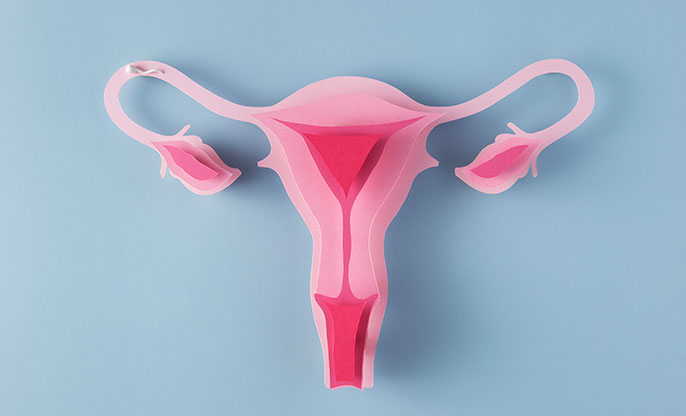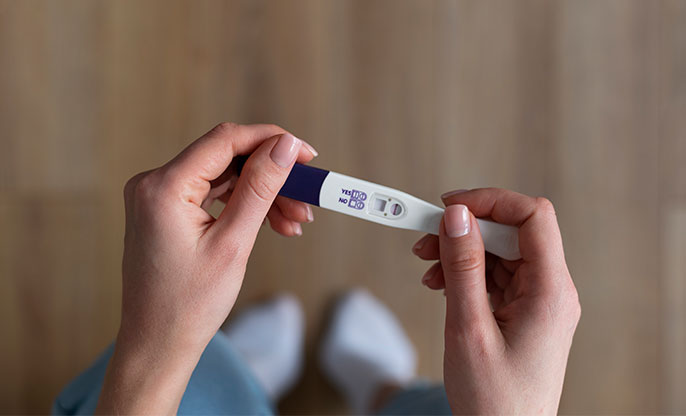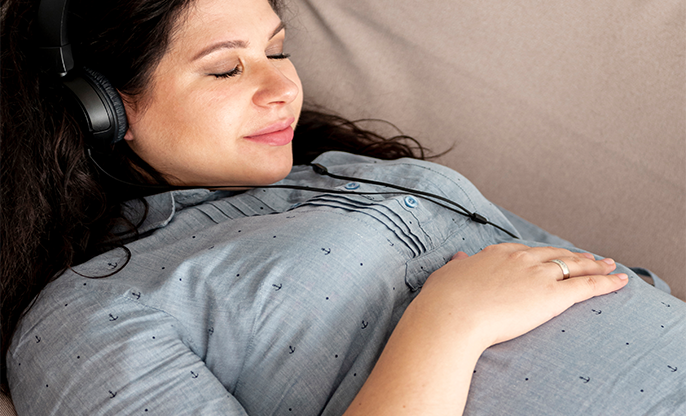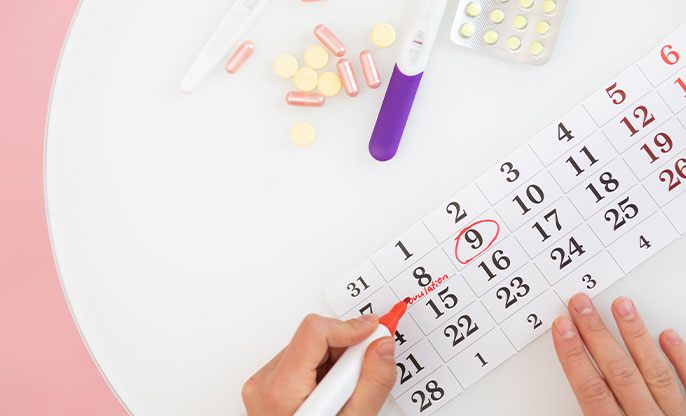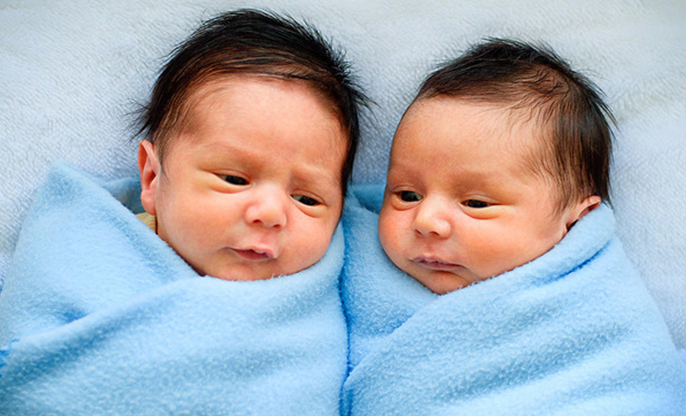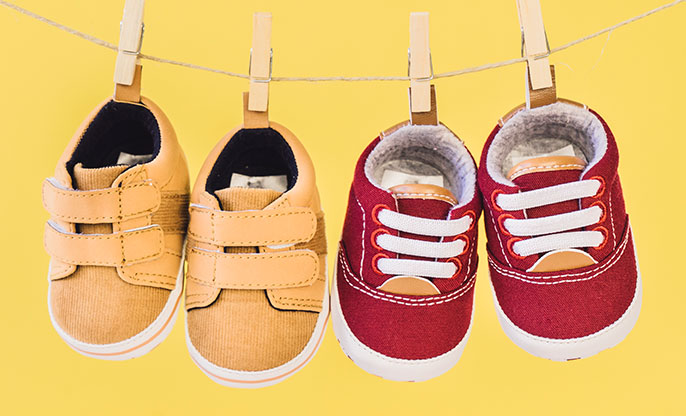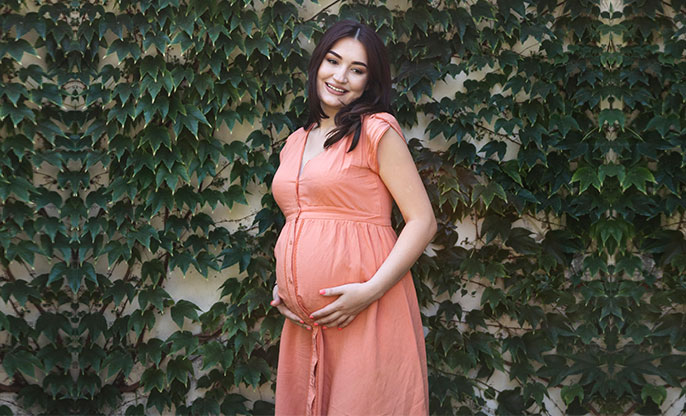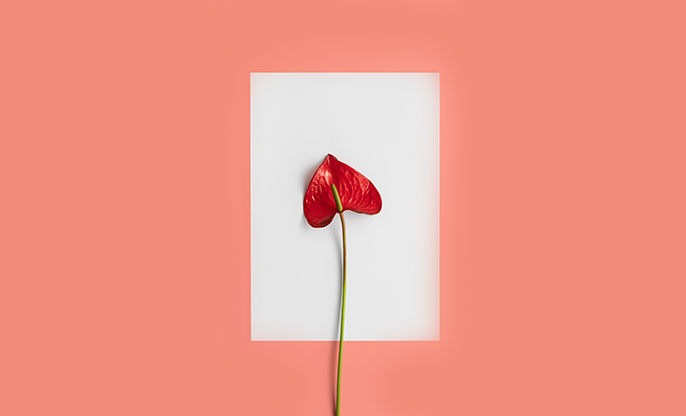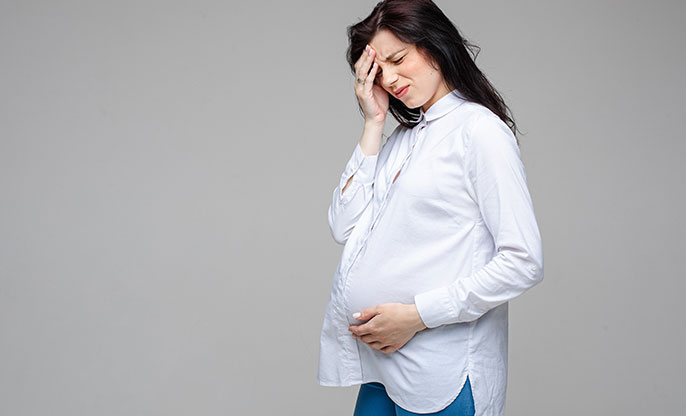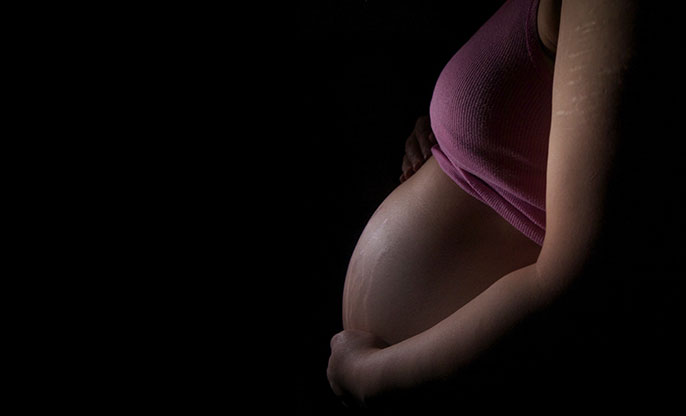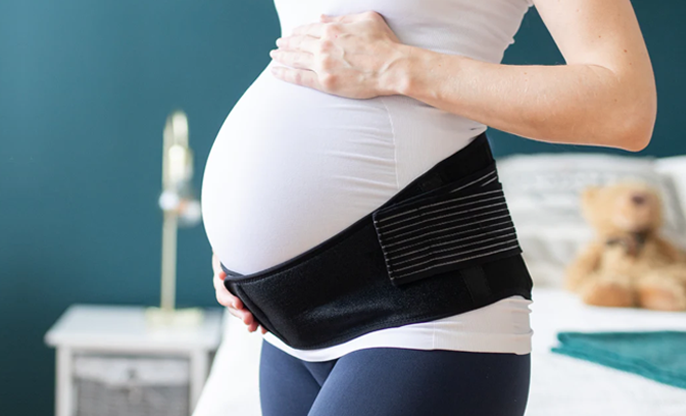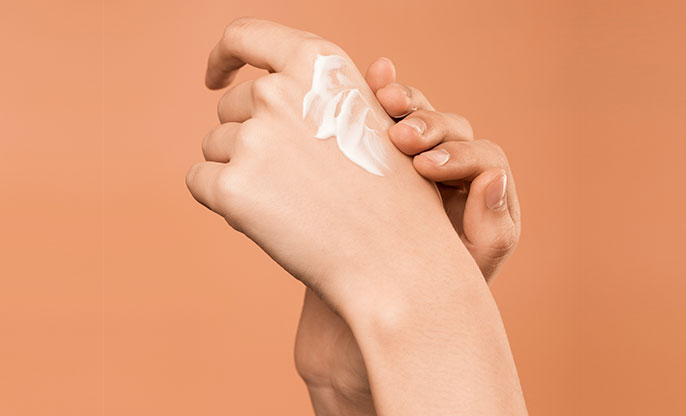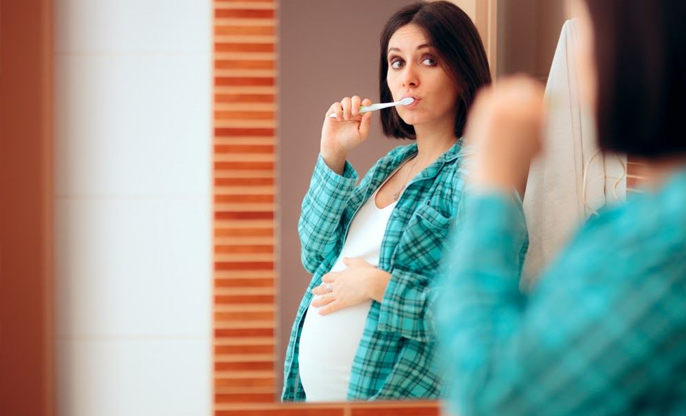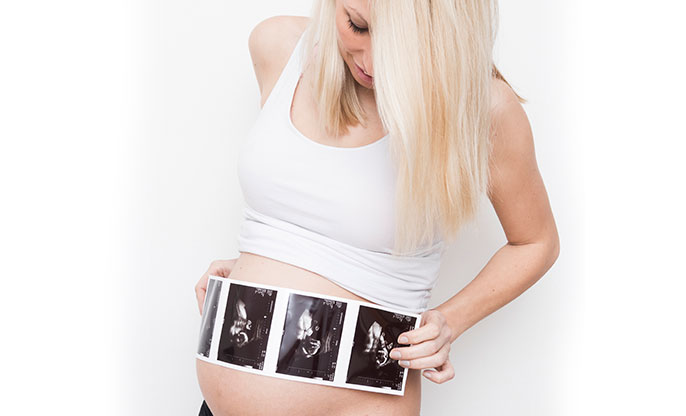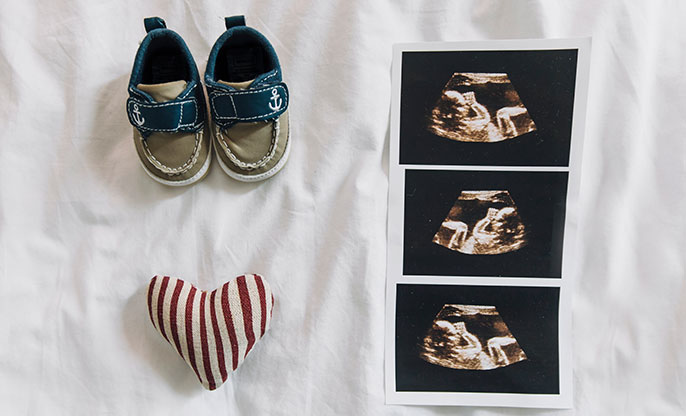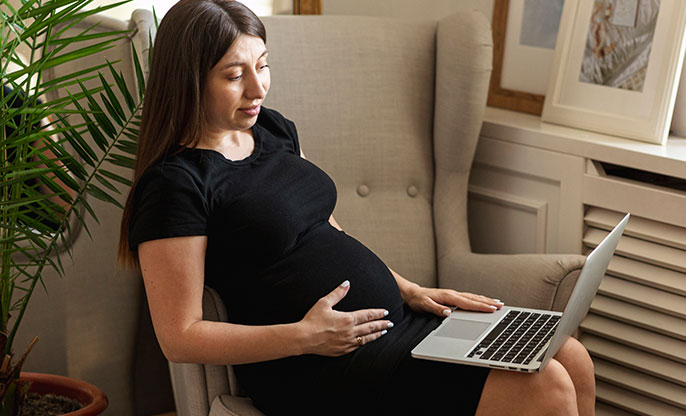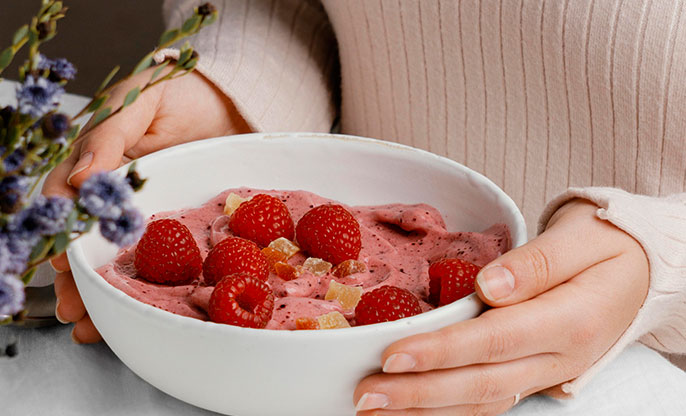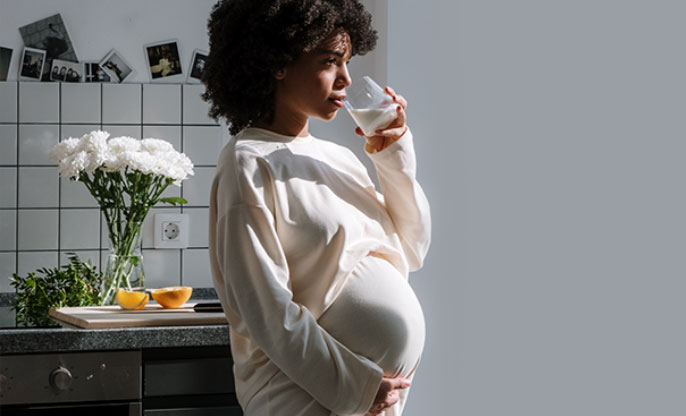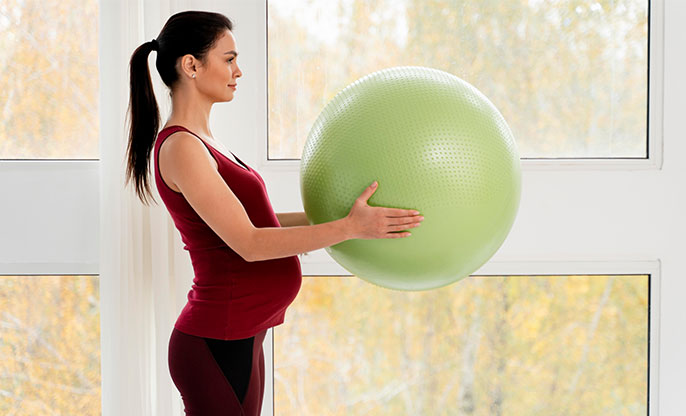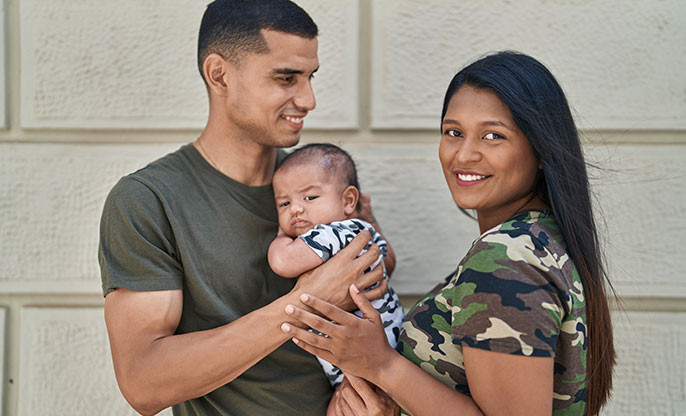
Fertility
Introduction
When it comes to fertility and reproductive health, there's a lot of information out there and a lot of it is contradictory. It can be hard to know what to believe, let alone what to do about it.
That's why we're here. We want to help you cut through the noise and understand how your lifestyle choices might be impacting your fertility and reproductive health. We'll also give you some tips on how to make healthy changes that can have a big impact on your fertility.
So, whether you're just starting to think about having kids or you've been trying for a while with no success, read on for some valuable insights into how to boost your fertility and reproductive health.
Why Lifestyle Choices Matter to Fertility and Reproductive Health
Making healthy lifestyle choices is something that's important to you and your partner at any time in your lives, but it's especially crucial when you're trying to conceive.
Everything from the food you eat to the amount of stress you're under can impact your ability to conceive. That's why it's so important to make conscious decisions about the things you put into your body and the amount of stress you allow into your life.
Smoking, drinking, and using drugs can all impact your ability to conceive. Eating a healthy diet and getting regular exercise are also important.
What Age Is Considered "Too Old" for Having a Baby?
It's natural to want to start a family as soon as possible. But contrary to popular belief, there's no one-size-fits-all answer to the question of when is the "right time" to have a baby. It's different for everyone.
That being said, there is an age at which having a baby is more complicated, and that's generally considered to be around the time when a woman is in her late 30s or early 40s. This is because fertility begins to decline at this age, and it becomes more difficult to conceive a baby.
Don't get discouraged, though! This doesn't mean that it's impossible to have a baby after 40. In fact, many women conceive in their 40s and even their 50s. It just might take a bit longer, and you'll likely need some help from medical professionals.
Insights
You can improve your chances of getting pregnant by making healthy lifestyle choices. Start by quitting smoking, drinking, and using drugs. Eat a healthy diet and get regular exercise. If you are trying to get pregnant, see a fertility specialist.
